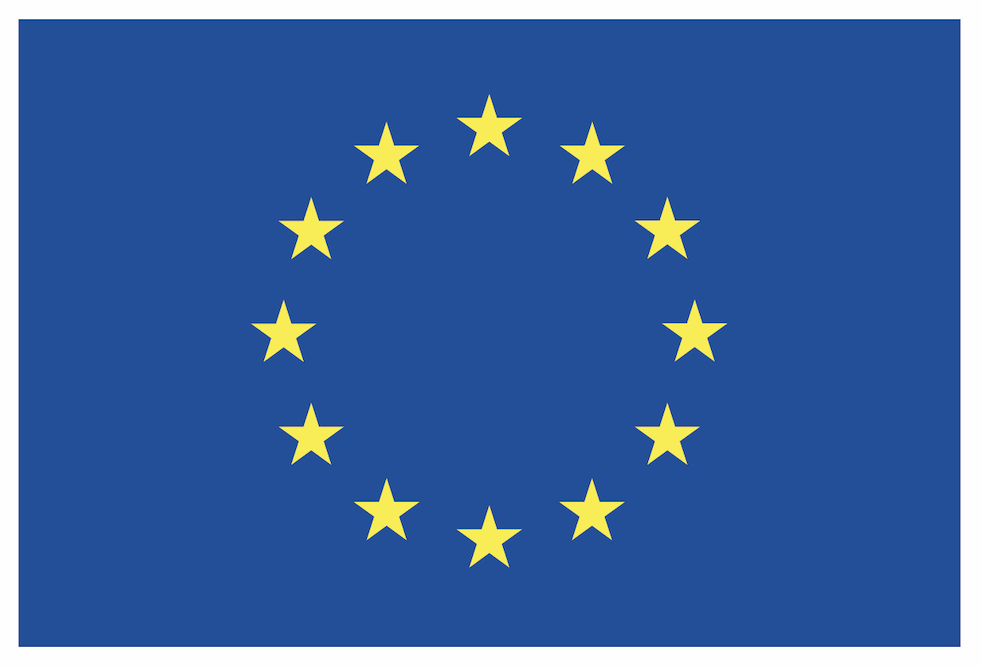Languages
Lithuanian Language and Culture Summer and Winter Courses
Each summer (July–August) and winter (January), Vytautas Magnus University offers an intensive one-month Lithuanian Language and Culture Course. This course is open to participants of all ages who wish to learn Lithuanian or enhance their skills in speaking, listening, reading, and writing.
The programme provides a well-rounded learning experience that combines language instruction with cultural immersion. Participants benefit from Lithuanian language classes, lectures, workshops, discussions, film evenings, sightseeing tours, and excursions — all designed to deepen their understanding of Lithuanian lifestyle and culture. The course is led by experienced and highly qualified teachers and professors.
The Course includes a total of 213 academic hours (equivalent to 8 ECTS credits). The programme consists of classroom instruction, afternoon lectures, conversation practice, independent student work, and a variety of cultural activities, including guided tours and excursions to other Lithuanian cities.
Participants may be eligible for a tuition waiver (for online courses) or a scholarship (for in-person courses).
Read
